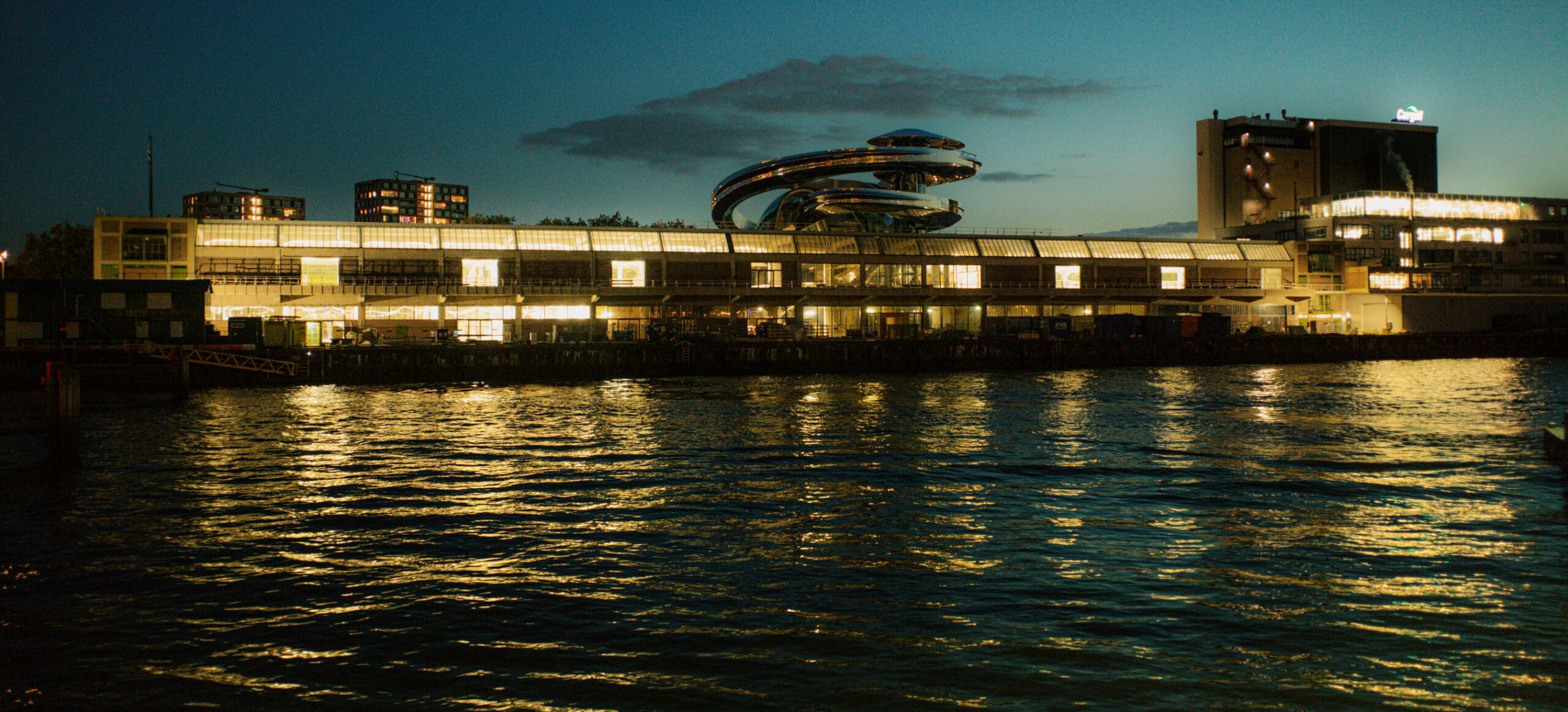Rotterdam labour migrants in “saddening” straits: deputy mayor
Senay Boztas
Rotterdam is not in control of the number of European labour immigrants living in “saddening” circumstances, according to city employment chief Tim Versnel.
At a meeting for foreign journalists in Rotterdam, the executive member responsible for EU labour migrants said that while these people provide “unmissable work”, they are often exploited by work agencies and landlords.
“We are not in control of the situation,” he said. “In recent years, Rotterdam has seen a sharp increase in the number of EU labour migrants settling into the city. Since the opening of the European borders for the new East European member states, the number has risen from zero to over 80,000.
“And some estimates put it at an even higher number, maybe even more than 100,000. The very fact that we don’t know the exact number tells [you] a great deal about the quality of life that these people have here…We don’t know who lives in our cities.”
While some 40,000 European labour migrants in Rotterdam are living in housing that is properly registered with the municipality, he said many are subject to conditions that do not match the Dutch self-image as “on the tip of the spear” as a civilised country.
“The other half, if not more, live in shady apartment buildings where in the worst case they don’t even have their own mattress, but have to share one with someone else, trading it every 12 hours,” he said. “They work in the port where we could not do without these workers. They work in construction…in logistics and transportation…in health care and elderly care, where we could not do without [them].
“But yet we still allow the situation to continue where we use these people as if they are just a production factor and not human beings.”
The Dutch labour inspectorate said on Wednesday that tens of thousands of non-EU nationals are also currently living and working in the Netherlands without the correct paperwork.
Current affairs programme Nieuwsuur reported that around 35,000 Brazilians without work permits are thought to be living under the radar in Amsterdam, at risk of exploitation and underpayment.
Rotterdam is also a magnet, particularly for European labour. Versnel said the municipality became aware of its “acute” situation during the coronavirus pandemic because it needed to house the homeless population, who could otherwise have spread the disease.
The city is making efforts to get every labour migrant on the radar and contact communities, with the help of mobile information points, a “coalition of good employers” and a crackdown on “situations of abuse and malpractice in the housing market”, said the vice mayor.
Housing reform
Since January 2025, under a new affordable rent law, municipalities have the power to fine landlords who break the rules up to €87,000.
Although landlord groups have complained that the housing regulation is leading many private landlords to sell their apartments, Versnel said former housing minister Hugo de Jonge’s rental rights law was desperately needed.
“We have struggled with inadequate housing market regulation, which thankfully was fixed by the last… minister of housing, not by accident a Rotterdammer, Hugo de Jonge,” said Versnel.
“He knows from personal experience and from his work as one of the previous vice mayors in our city, what the reality on the ground there is. And he came up with very assertive new housing regulations that make it more possible for us to improve the situation. But we are still struggling, because of the sheer volume and impact.”
Fenix
Versnel said that a new museum of migration, Fenix, to open next month, would offer a positive image of migration, but also a vision on how it built the city of Rotterdam.
“When the city of Rotterdam made the jump across the river some 150 years ago towards the south, it was at first to have more docking space for port activity,” he said.
“And then between 150 and 100 years ago, townships were created quickly to be able to house the various waves of immigrants who came to work in the expanding port. And as a result, we have one of the largest supplies of privately owned, low quality, and very cheap housing of the entire Western Netherlands…
“We have to make sure that this most recent wave of immigration in our city results in not just a very strong economy, but also in a very strong society,” he added. “A city where, wherever you come from, if you come looking for a job and for happiness, you can actually get it.”
Thank you for donating to DutchNews.nl.
We could not provide the Dutch News service, and keep it free of charge, without the generous support of our readers. Your donations allow us to report on issues you tell us matter, and provide you with a summary of the most important Dutch news each day.
Make a donation